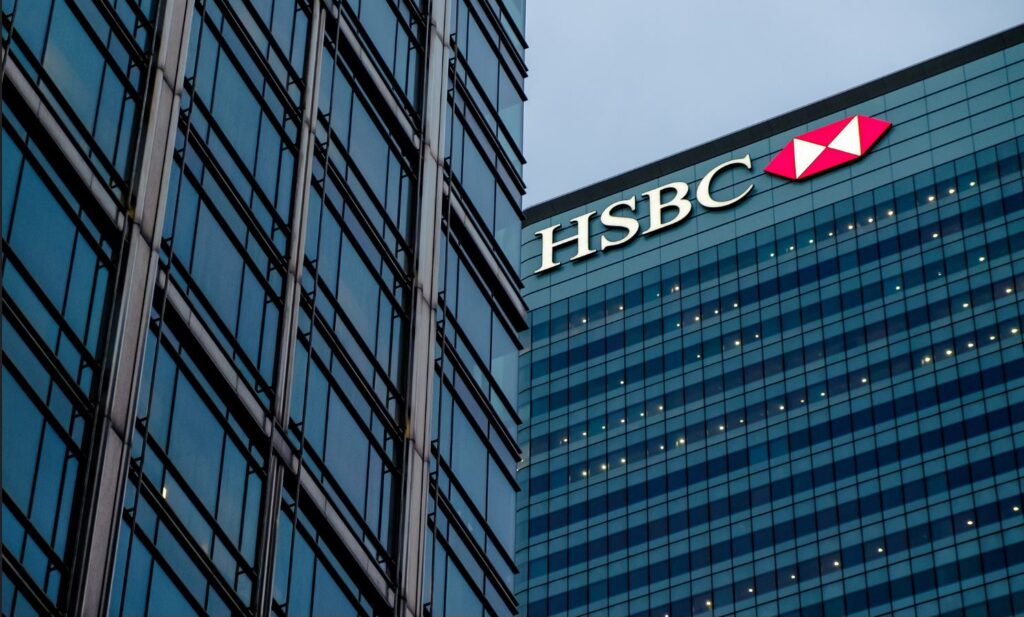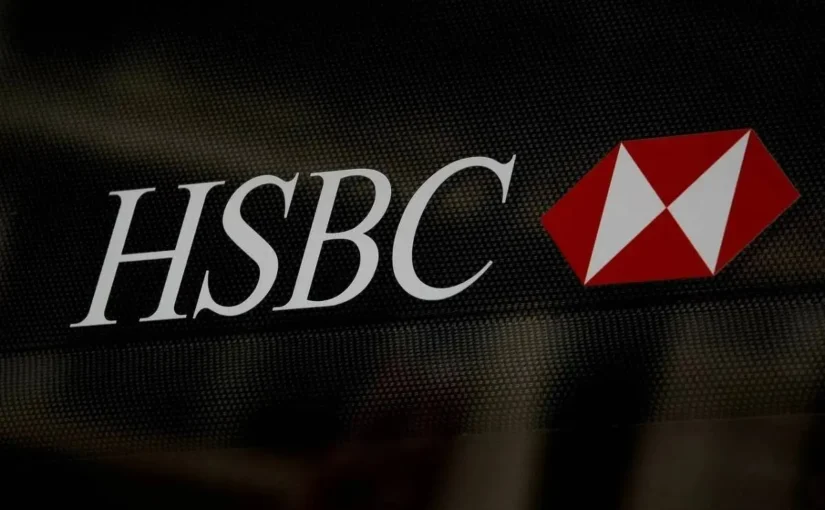HSBC Managers Compete to Retain Roles Amid CEO’s Strategic Overhaul

HSBC, one of the world’s largest banking institutions, is undergoing a significant internal restructuring under CEO Noel Quinn’s leadership. The sweeping changes have sparked fierce competition among managers as the bank seeks to streamline its operations and bolster profitability.
Quinn, who took the helm in 2019, has emphasized the need for efficiency, particularly in high-growth markets like Asia, while trimming operations in less profitable regions. The current revamp reflects his ongoing efforts to position HSBC as a leaner, more agile organization capable of responding to global market demands.
Revamp Goals and Challenges
The restructuring focuses on simplifying decision-making processes and reducing layers of management. This means that many mid- and senior-level executives are being asked to reapply for their positions, with fewer roles available in the new structure.
“We’re focusing on aligning our leadership with our strategic priorities,” said an HSBC spokesperson. “This process is essential for maintaining our competitive edge and delivering long-term value to our clients and shareholders.”
However, insiders report a tense atmosphere within the bank. Managers are navigating not only the pressure of retaining their jobs but also the complexities of balancing their teams’ morale amidst uncertainty.
Global Implications
HSBC’s restructuring mirrors broader trends in the financial sector, where institutions are grappling with evolving market conditions, regulatory challenges, and the growing influence of fintech competitors. The bank has made clear that its strategic pivot remains heavily focused on Asia, where its operations generate the lion’s share of profits.
At the same time, the revamp underscores a shift away from underperforming markets, which has included the sale of businesses in Europe and North America. Analysts view these moves as a calculated effort to consolidate resources in regions with the highest growth potential.
Employee Sentiment and Market Reaction
The competition for positions has reportedly led to mixed reactions among employees. While some see the changes as an opportunity for upward mobility, others feel the process has introduced unnecessary uncertainty and stress.
Market analysts, however, have responded favorably to the overhaul, viewing it as a necessary step to ensure HSBC’s long-term sustainability. The bank’s shares saw a slight uptick following news of the restructuring, reflecting investor confidence in Quinn’s leadership.
What’s Next for HSBC
As the process unfolds, industry watchers will be keen to see how the bank navigates the delicate balance of cutting costs without compromising its service quality or organizational culture. For the managers competing for their roles, the stakes couldn’t be higher — their future at one of the world’s most prestigious banks hangs in the balance.












